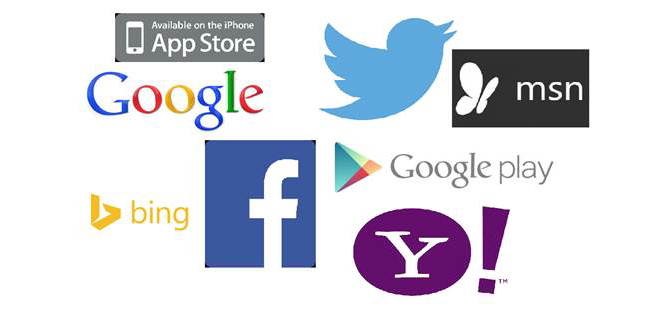João Carlos Magalhães, LSE MSc Media and Communications Governance student, discusses political battles over Brazil’s national ‘Internet Bill of Rights’ against the backdrop of the upcoming Global Multistakeholder Meeting on the Future of Internet Governance that will be held in São Paulo in April.
As the international community concerned with Internet governance waits for the global multistakeholder meeting that will take place in Brazil in April, Brazilian politicians, mainstream press, and activists are focused elsewhere: their Congress.
In the forthcoming weeks (perhaps days), Brazilian Congressmen will likely vote on a sort of national Internet Bill of Rights, dubbed in Portuguese “Marco Civil da Internet”. And the outcome of this bill may influence the legitimacy of Brazilian president, Dilma Rousseff, to lead the meeting – created in the wake of her call to arms to the UN for revamped global Internet governance, after the revelation that she was one of the heads of state who was spied on by the NSA.
The bill’s evolution or devolution?
The bill at hand in Brazil pre-dates the Snowden revelations. It began as a 2009 joint project between Brazilian Minister of Justice and Fundação Getúlio Vargas, a local university. During a two-year discussion, it gathered hundreds of contributions and a 25 article draft was subsequently sent to Congress – where it was more or less forgotten until it was resurrected after Ms. Rousseff’s UN speech.
The original “Marco Civil” was considered innovative and progressive, paralleling the political image Ms Rousseff is trying to project to the world. It created a set of rights and obligations for users, companies, and the state with regard to Internet and had bold core principles: guaranteeing freedom of speech online, total net neutrality, and a multi-layered privacy protection. Approved in its original form, the bill would have given Brazil a rather utopian legal Internet framework. However, that proposed Internet-utopia did not survive old politics. Heavy-weight Brazilian political actors (powerful congressmen, party bureaucrats, and telecomm lobbyists) have mutilated the bill, suppressing words and sentences and adding strategic expressions to “open up” possible, convenient future interpretations.
The debate is still underway, and it is difficult to predict how things will unfold in Brazilian Congress, as representatives and senators are particularly fond of last-minute, secretive changes in the texts they discuss and vote. Still, there will be some sort of “Marco Civil da Internet”, but almost certainly without general net-neutrality (ISPs would not be able to block information, but will be able to charge end-users for not degrading it). And Ms. Rousseff insists that international companies like Google and Facebook must install data centres in Brazil – an idea that has attracted criticism for supposedly enhancing the possibility of “Internet Balkanization“.
As Ronaldo Lemos (a cyberlaw scholar and author who helped to design “Marco Civil”) recently wrote, “the dream can become a nightmare”. Other activists are calling the project the “Marco Civil das Teles”, that is, the Bill of Rights of the Telecomm Industry, and the calls to “save the Internet” have predictably begun.
Open for negotiation
The government has suggested that it will not accept a law without some sort of net neutrality and Brazilian data centers (and the president has the power to veto parts of the bill), but everything else is open for negotiation. Months away from trying to get re-elected in a political environment shaken by massive anti-establishment protests in 2013, Ms. Rousseff is not in the best position to challenge the powerful and wealthy telecoms sector. Moreover, the bill is not a subject that will threaten her popularity among voters, when a majority of them can hardly access the Web.
In a post-Snowden world, Internet governance reform is anything but exclusively Brazilian – and that is why there is so much anxiety over the possibility of real, palpable outcomes from the April meeting in São Paulo. But Ms. Rousseff’s domestic data centre idea could create difficulties for the strategic relationship between Brazil and large international companies during the event, and an impaired promise of net neutrality could be understood as a sign of political weakness. It will be curious to watch Ms. Rousseff ask for a kind of global Internet governance that she was unable to implement domestically.
This article gives the views of the authors, and does not represent the position of the LSE Media Policy Project blog, nor of the London School of Economics.





